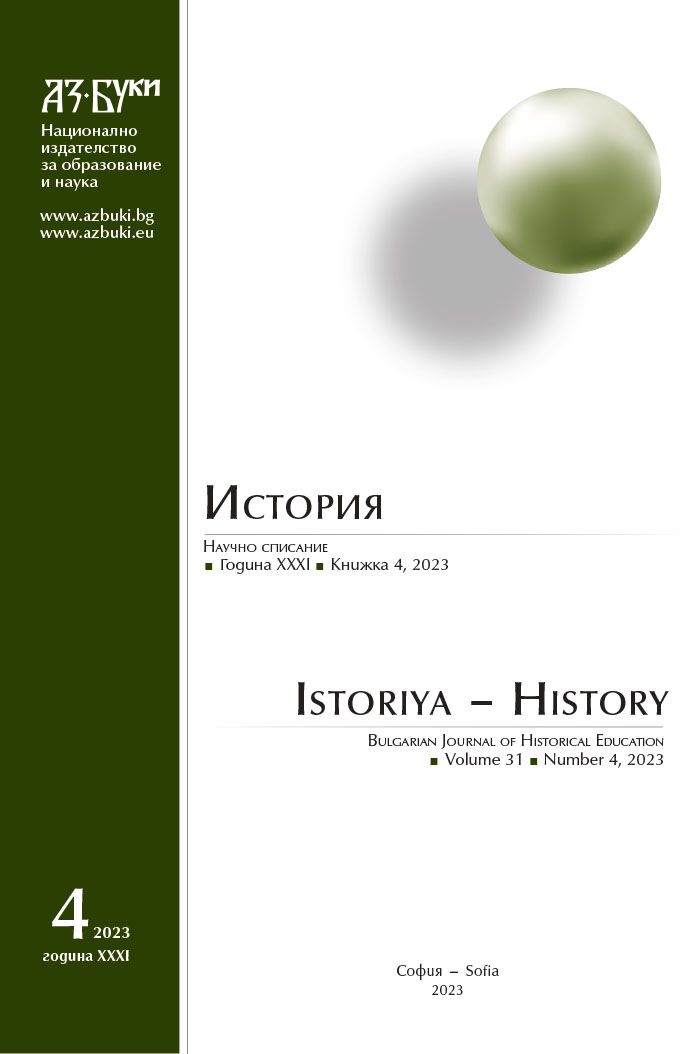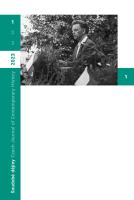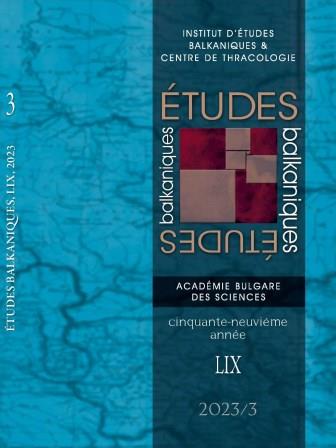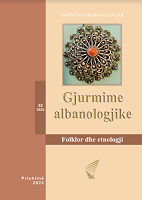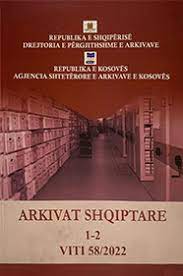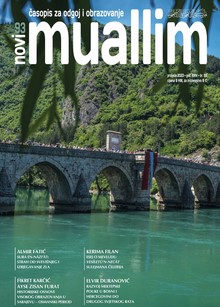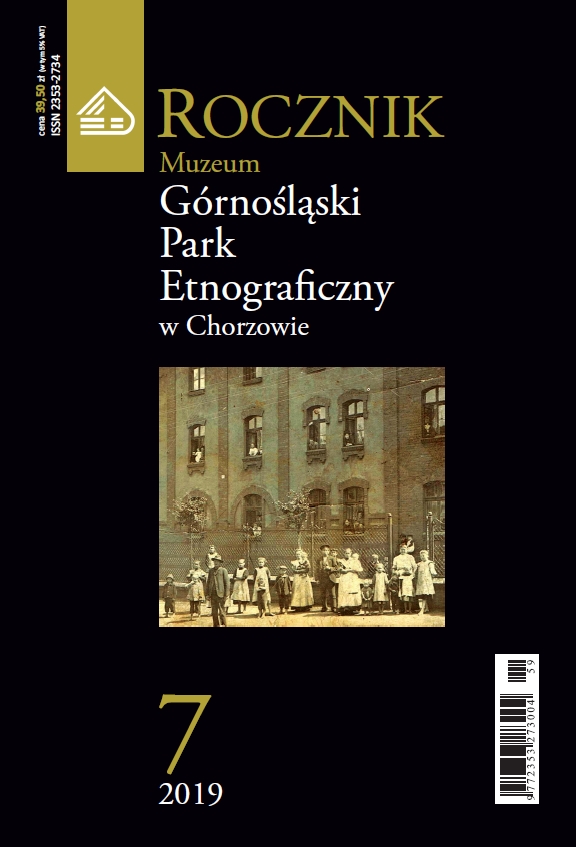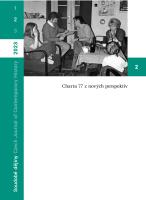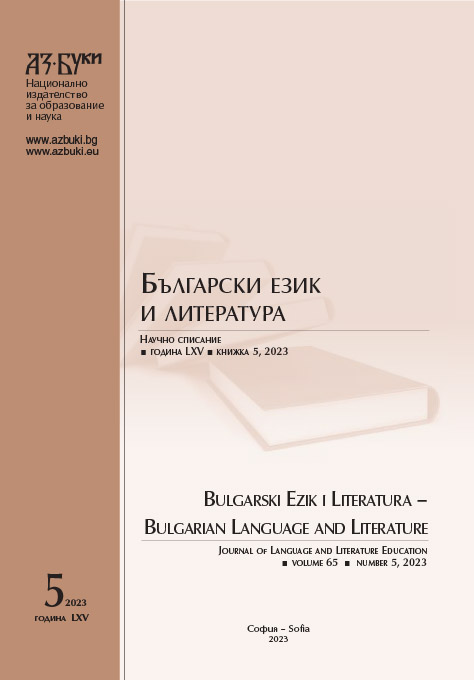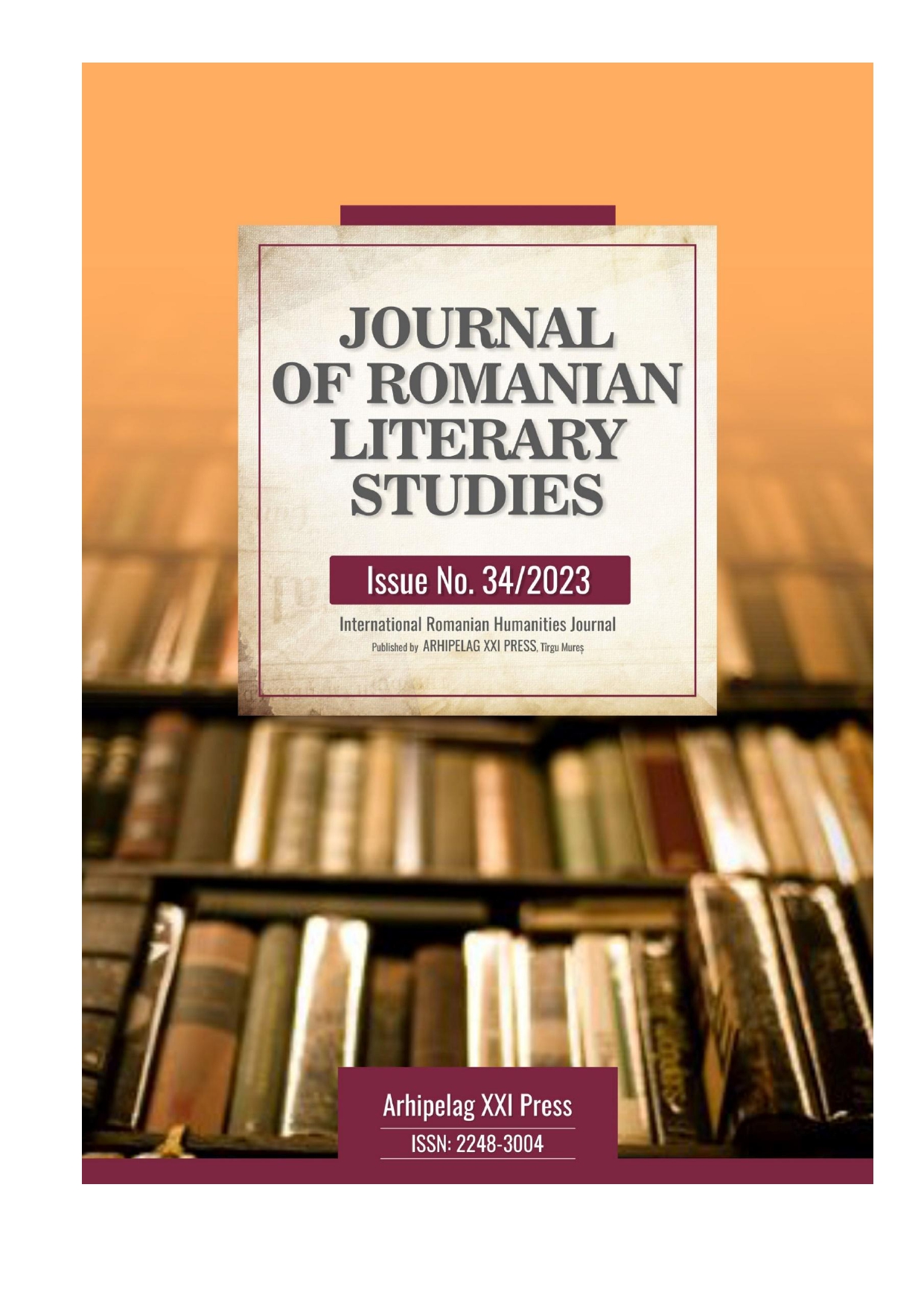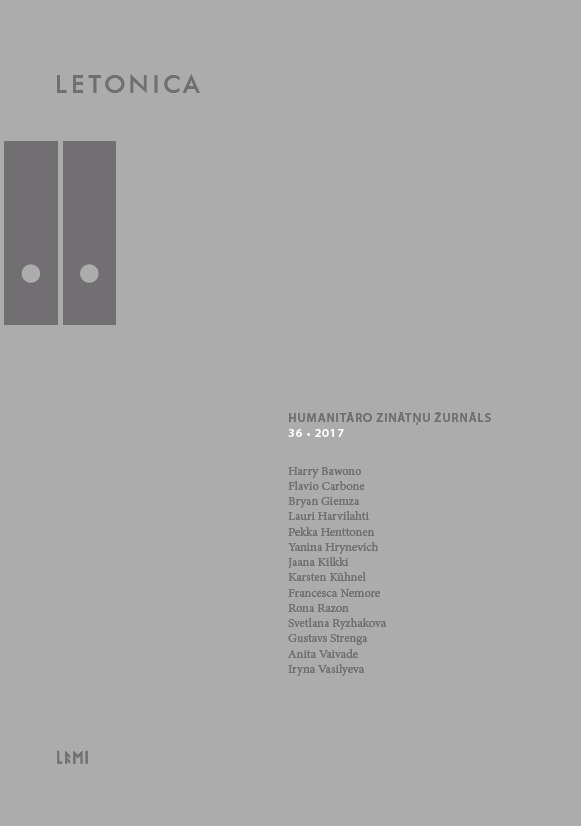
A Folkloristic and Anthropological Approach to the Study of Ritual and Performance in India: Cases of Daiva-nyama (Bhoota-kolam) and Yakshagana
The article deals with the relevance of both anthropological and folkloristic methods as “action-based” and “text-based” approaches in the study of two regional traditions in Coastal Karnataka, India – the theatrical tradition yakshagana and the ritual-performance daiva-nyama or kolam, bhoota-kolam. Both are living, orally-transmitted traditions. They are interconnected to religious culture in different ways (temple festivals, spirit worship, possession, impersonation) and both provide “mirrors” of the local social set-up. Both are based on epic traditions—pan-Indian in case of yakshagana and local in case of kolam. The paper is based on the fieldwork conducted by the author in the time period from 2013 to 2015. It addresses the distinction between these different research methods and the need to combine them when applied to this complicated reality. The author discusses some of the social and cultural aspects of yakshagana and kolam analysis, including their origin, classification and stratification. She offers a cultural interpretation of repertoire and action, describes some of the social characteristics oftroupes and of the performance context, explores their interconnection, and enquires into their social functions. The related problems of sponsorship, patronage, and gender are also described. The author argues that yakshagana and kolam appear to be an “intermediary” cultural phenomenon that connects the area’s pan-Indian heritage with local performing practices. This performance tradition is also expressive of local musical, literary, poetic, theatrical and expressive knowledge. As a drama, yakshagana is based on a written text (prasanga) and many orally transmitted elements. Kolam is enacted according to strong ritualistic vernacular plot lines and is particular to a certain place and deity. Apart from re-enacting the story, kolam appears as a peculiar social expression of joint concerns, an institution for inter-caste communication, mantic practices, etc., with a strong aesthetic overderlay. However, both enjoy certain spontaneity and both are pregnant with unpredictable turns. Both serve as an instrument of socialization, as a form of preserving and enactment of local historical memory, as a way to overcome difficulties, etc. Being cultural tools with multiple purposes, both yakshagana and kolam need to be studies from a range of different angles and perspective.
More...
